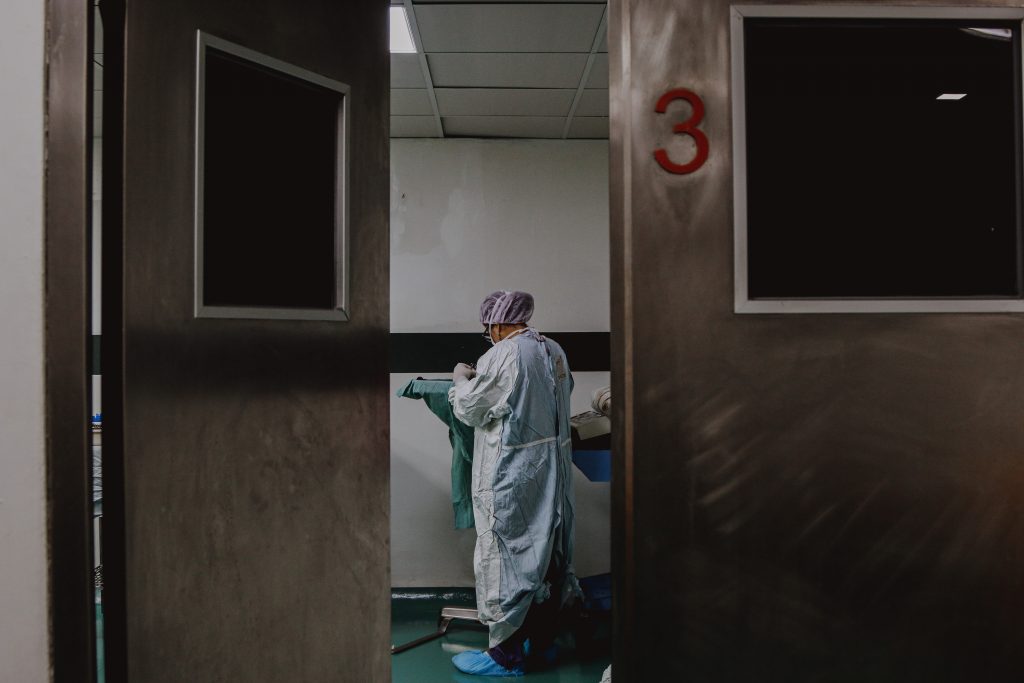Omicron Cases Hit Michigan, But Drug to Combat the Variant Is in Short Supply
One monoclonal antibody treatment from British drugmaker GlaxoSmithKline seems to be effective against the new variant, however, the U.S. government did not buy many doses of that drug.

Michigan health officials say hospitals are being overwhelmed by COVID-19 cases just as the much more contagious omicron variant is appearing in the state.
In addition, the drug that seems most effective against the omicron variant is in short supply.
Health experts say physicians typically recommend antibody drugs made by Regeneron and Eli Lilly to fight the early stages of COVID-19, however, both companies say testing shows the drugs do not work well against the omicron variant due to the high level of mutation.
The manufacturers estimate it will take months to create a drug that specifically targets omicron.
One monoclonal antibody treatment from British drugmaker GlaxoSmithKline seems to be effective against the new variant, however, the U.S. government did not buy many doses of that drug. Federal officials say they stopped sending it to state health departments last month to help conserve supply.
Now, federal officials say they will distribute about 55,000 doses beginning this week.
The national seven-day average of COVID-19 hospital admissions was 60,000 by Dec. 15, far off last winter’s peak but 50% higher than in early November, the government reported. The situation is more acute in cold-weather regions, where people are increasingly gathering inside and new infections are piling up.
The Associated Press contributed to this report.
Trusted, accurate, up-to-date.
WDET strives to make our journalism accessible to everyone. As a public media institution, we maintain our journalistic integrity through independent support from readers like you. If you value WDET as your source of news, music and conversation, please make a gift today.
